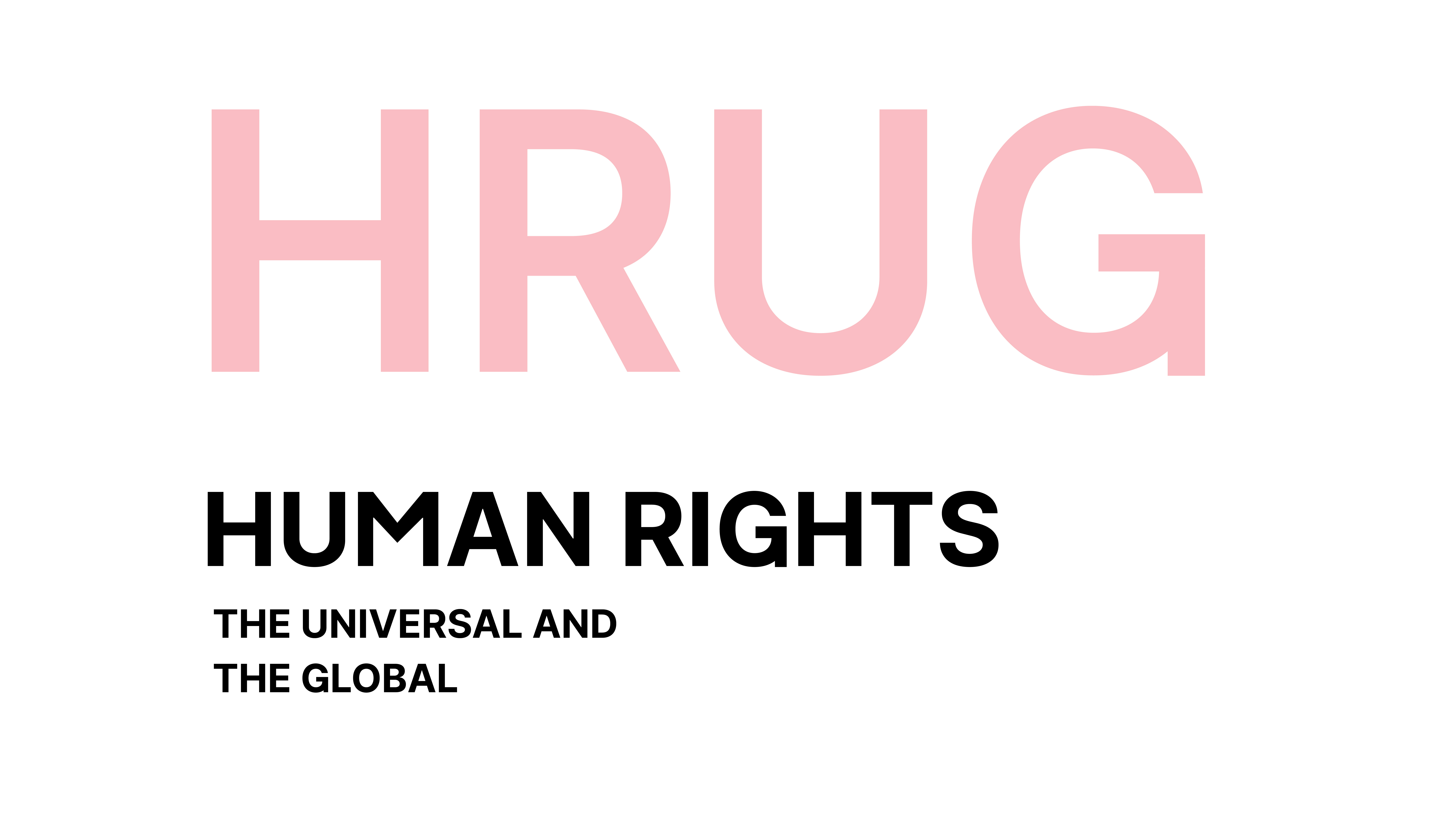The history of theory and practice of Human Rights can be traced back to the philosophy and art of Greek and Roman Antiquity. During this period the conceptualization of terms such as law, citizenship, authority, society, state, democracy began to start, enabling us in a systematic manner to perceive relations between individuals, individuals and society, individuals and state, and furthermore between states as political-legal relations. Epistemologically, approaching the world in a holistic manner, taking into account the integrity of all aspects of life as one of the preconditions for later debates locating human life within the framework of power relations. Later, the elaboration on Human Rights can be observed in form of documents, i.e. taking the form of practical manifestation of the organisation of state and society rather than a comprehensive philosophical discourse. During this process, principles of natural law such as the brotherhood of men and of human dignity were modified and adapted into the body of modern jurisprudence.
This is background and framework of a book, some members of the group are working on. Colleagues from China, Germany, Ireland, Portugal, South Africa and Turkey will look at selected aspects of contemporary debates.
The most important aim of the planned book is to unveil the political-ideological cover that is characterising many mainstream debates, suggesting human rights being ‘supra-historical’. Besides this: only by way of such a critical approach, findings can be potentially used as tools not only to understand the world but hopefully as mechanisms to practice human rights within the framework of universalism, going beyond particular interests. In our book both, the historical as well as the contemporary dimensions of theory and practice will be applied, highlighting the need for ongoing debates of fundamentals, making sure that human rights are a reflection of and critical challenge to real power relationships, not being limited to abstract norms.
Editors: Mehmet Okyayuz, George Mpedi Lethokwa, Junxiang Mao, Peter Herrmann
